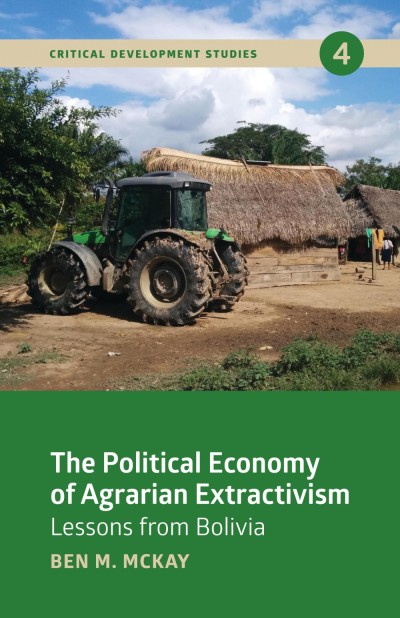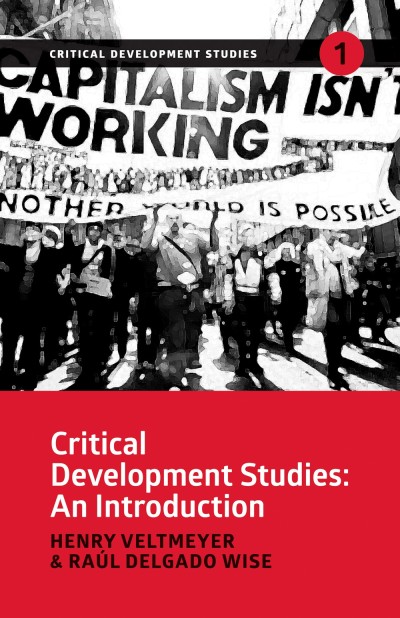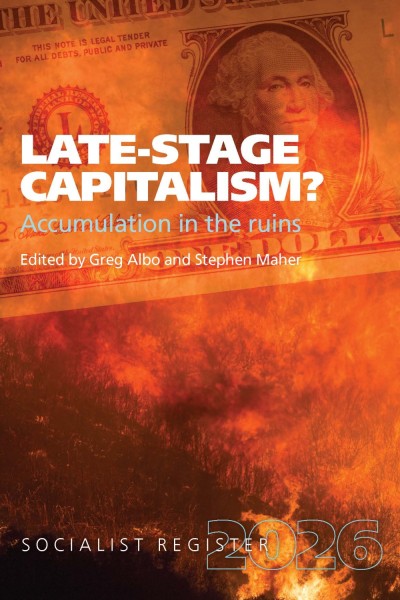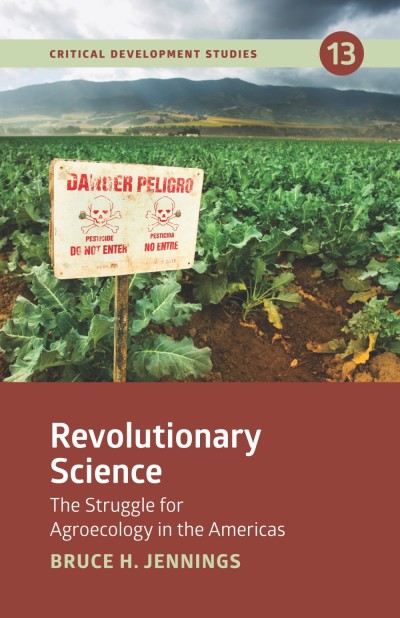
Tiny Engines of Abundance
A History of Peasant Productivity and Repression
Food production by small peasant farmers is both more productive and sustainable than food produced by corporate agriculture.
About the book
This book provides a historical and comparative perspective of peasant productivity using case studies portraying the extraordinary efficiency with which English cottagers, Jamaican ex-slaves, Guatemalan Mayan campesinos, Nigerian hill farmers and Kerala hut dwellers obtained bountiful and diversified harvests from small parcels of land, provisioning for their families and often local markets. These stories provide us with pictures of carefully limited needs, of sustainable livelihoods and of resilient self-reliance attacked relentlessly and mercilessly in the name of capital, progress, development, modernity and/or the state. For two hundred years we have been told that the hundreds of thousands, or millions, or billions of hungry mouths require that peasants be dispossessed to allow more industrious farmers to feed them. This book helps make it clear how wrong we have been. Handy’s approach is original, and the book will engage people interested in the history of the peasantry, rural development, and the quest for food sovereignty.
Food Politics Global Studies & Development History Political Economy
What people are saying
Miguel A. Altieri, emeritus professor of agroecology at the University of California at Berkeley and founder of the Latin American Scientific Society for Agroecology“This book demonstrates the fallacy of 200 years of proclaiming the necessity of industrial agriculture to feed the world. As well as using case studies from around the world to show the efficiency of peasant productivity, it also shows the various ways peasant livelihoods have been obstructed, attacked, and betrayed. The author debunks the arguments used to justify those attacks, which continue today, namely that peasant contributions are too low for economies built on incessant expansion and accumulation. This book is essential reading for anyone interested in food sovereignty, which should be all of us.”
Contents
- Introduction: Swept Away Through Injustice
- Chapter 2: “A Multiplication of Wretchedness” in England, 1750-1850 An Agricultural Revolution or Too Many People?
- A Robust and Flourishing Peasantry
- The Occult Principle of the System
- A Sweet Habit of the Blood
- Chapter 3: Jamaican Peasants in Slavery, Semi-Slavery, and Freedom Slave Gardens and Provision Grounds
- The Land of Half Freedom or Saved from a Life of Savage Sloth
- The Germ of a Noble Free Peasantry
- Violence to their Nature: Pumpkin Patches and Repression
- Chapter 4: Guatemala: They Flattened our Milpa Milpa and Belonging
- The Coffee Revolution
- The Bells are Rung in Chichicastenango
- Peasants and Revolution
- The Liberación: Eating Cotton
- The Last Vestige of Barbarity
- Chapter 5: Nigerian Smallholders: Masters of the Environment A Vast, Uncivilised, and Unfed Population
- Imagining Unlimited Supplies of Labour
- The Green Revolution: the Chemical Genetic System
- In the Wake of the Affluent Society
- Inventive Self-Reliance
- Chapter Six: Kerala: A Return to the Future A caste ridden state
- Land reform
- The Kerala Model?
- A Model in Shambles
- The Green Havoc
- Hutdweller Gardens
- Conclusion: “A Sweet Habit of the Blood”













